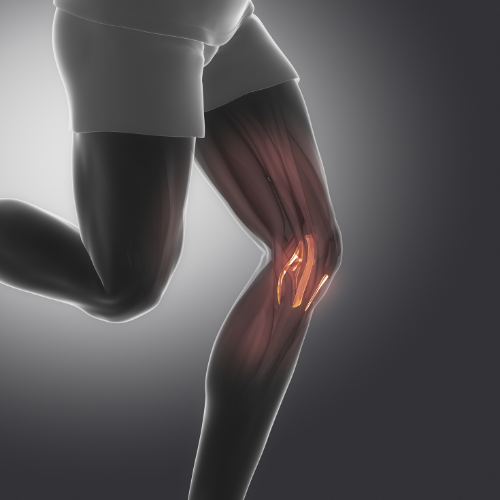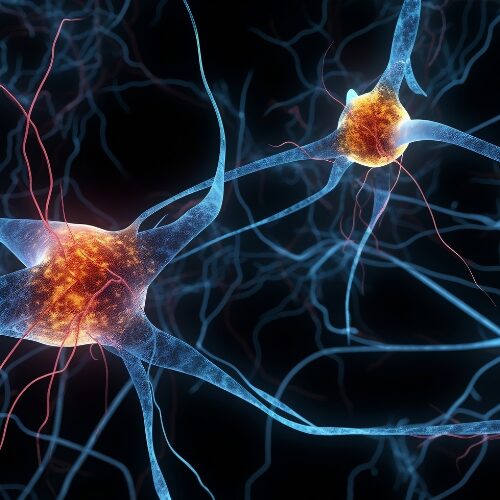A New Peptide Drug That Works to Suppress Appetite, Burn Fat and Improve Metabolic Health
Retatrutide is a new peptide drug that targets the GLP-1, GIP and glucagon receptors. By targeting these three different pathways, it helps to suppress appetite, burn fat and improve metabolic health.
In clinical trials, Retatrutide has been shown to reduce fasting triglycerides and improve lipid profiles. It may also reduce non-alcoholic fatty liver disease.
Retatrutide for Weight Loss
In clinical trials, people taking Retatrutide have experienced significant weight loss and improved metabolic health. It acts on the GIP, GLP-1 and glucagon receptors to reduce hunger and increase satiety. It also encourages the body to burn fat for energy. This multi-pronged approach to weight loss is a hallmark of this breakthrough medication, and it has been shown to improve insulin sensitivity, which helps control blood sugar levels and promotes effective fat burning.
One of the most promising benefits of Retatrutide is that it helps to reduce liver fat. A sub-study of the main obesity trial included participants with non-alcoholic fatty liver disease (NAFLD). Over 85% of those taking Retatrutide in the study saw their liver fat content reduced to below 5%, according to a Virginia Commonwealth University hepatologist. That’s a remarkable achievement and shows how powerful this cutting-edge peptide can be.
Insulin Resistance
Experts presented exciting research for a new medication that could be used to treat insulin resistance and type 2 diabetes. This drug, Retratrutide, is a triple-hormone receptor agonist, targeting the GIP, GLP-1 and glucagon receptors. It’s currently in phase 3 of clinical trials.
The GLP-1 receptor agonist part of the medication improves insulin secretion, helping with glycemic control. It also helps to reduce hunger, and it promotes fat metabolism and energy expenditure. The glucagon receptor agonist part of the medication reduces food intake and suppresses appetite.
In a phase 2 study, once-weekly treatment with Retatrutide significantly improved several markers of insulin resistance, including fasting serum insulin levels and the homeostatic model assessment of insulin resistance (HOMA2-IR). Hepatic steatosis, as measured by magnetic resonance imaging-PDFF, was resolved in 85% of participants treated with the highest doses of Retatrutide. Fasting triglycerides and very low-density lipoprotein cholesterol were also reduced in the 8 mg and 12 mg Retatrutide groups.
Type 2 Diabetes
As a weekly injection, Retatrutide delivers long-lasting effects that can help patients feel fuller after meals. This can reduce calorie intake and promote weight loss. Retatrutide also works to improve the body’s metabolic function. By targeting the GLP-1 and GIP receptors, it can lower blood sugar levels and improve how the body uses fat for energy.
This combination of actions makes Retatrutide a unique treatment option for people with type 2 diabetes and related conditions. Compared to other medications such as metformin, sulfonlureas, and thiazolidinediones, it can have a more comprehensive effect on improving glycemic control and metabolic health.
Retatrutide has been shown to significantly lower HbA1c levels in phase 3 trials. This is important because high levels of this protein in the blood can increase the risk of long-term complications like heart disease and nerve damage. It has also been shown to improve other factors such as cholesterol and blood pressure. Moreover, a sub study of the obesity trial showed that Retatrutide reduced triglyceride levels by up to 40% and low-density lipoprotein cholesterol by up to 22%.
Retatrutide is causing major excitement with promises to revolutionize the treatment of diabetes and obesity with its triple-agonist approach. This medication has given hope to many that have felt helpless in their fight against obesity.
If you are looking for the research peptide Retatrutide, look no further than Pepolution.






